|
|
|
Editor's note
|
|
South Africa has lifted the Rugby World Cup twice before - in 1995 and 2007. Today it gets its third chance in a game against a fiercely disciplined England side. Many will be recalling the 1995 “Mandela moment” when the former President donned the green and gold jersey and claimed the sport in the name of national unity. Will President Cyril Ramaphosa be able to do the same, asks Lyn Snodgrass.
Spare a thought for the referee who has already faced a storm of abuse on social media. Sport psychologist and referee expert Mikel Mellick says the trolling and hatred directed at referees is driving them away. He makes a plea for compassion.
Off the west coast of southern Africa researchers have found levels of mercury in Cape monkfish. The levels are still below the World Health Organisation limits. But, argue Victoria Ndinelago Erasmus and Johannes Angala Iitembu, the Namibian government needs to take steps to ensure that toxic levels don’t increase. And in South Africa, Louise C. Gammage unpacks how she developed a scenario-based approach that allowed local fishing communities to influence policy.
|
Charl Blignaut
Arts, Culture and Society Editor
|

|
|
Top Stories
|
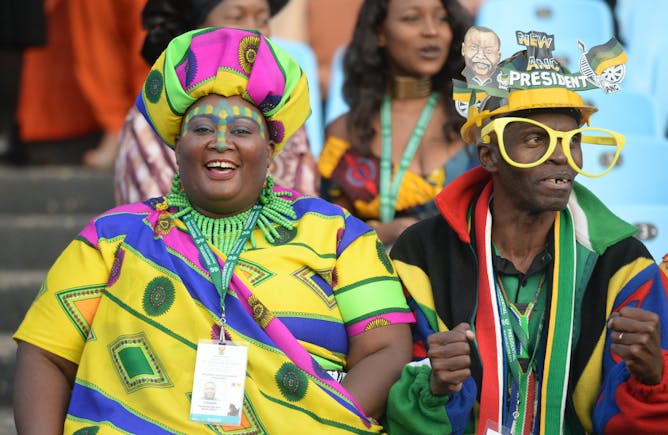
EPA-EFE
Lyn Snodgrass, Nelson Mandela University
Many South Africans hold onto the hope that a win in the World Cup translates into another defining moment for the country.
|

MARK R. CRISTINO/EPA.
Mikel Mellick, Cardiff Metropolitan University
One of the most pressurised roles in the pressure cooker that is the Rugby World Cup is the referee. Threatening fans are causing them to quit the game at all levels.
|
|
|

Victoria Ndinelago Erasmus, Rhodes University; Johannes Angala Iitembu, University of Namibia
Cape monkfish caught from some areas off Namibia's coast should be screened for mercury and other heavy metals.
| |
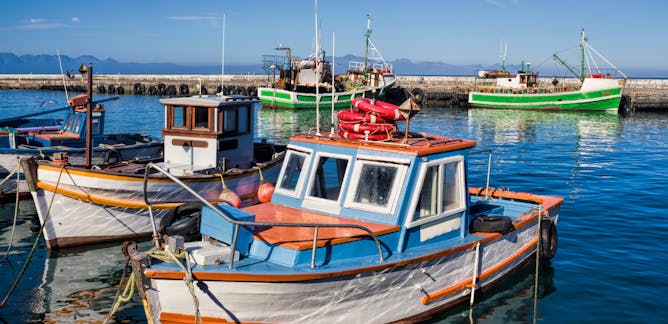
Louise C. Gammage, University of Cape Town
It's possible for local fishing communities to have a say in managing the system they work in.
|
|
|
Business + Economy
|
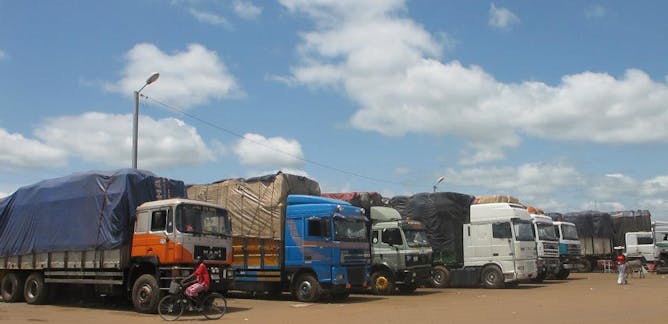
Tahiru Azaaviele Liedong, University of Bath
Efforts to increase trade within the continent are being undermined from the start
| |
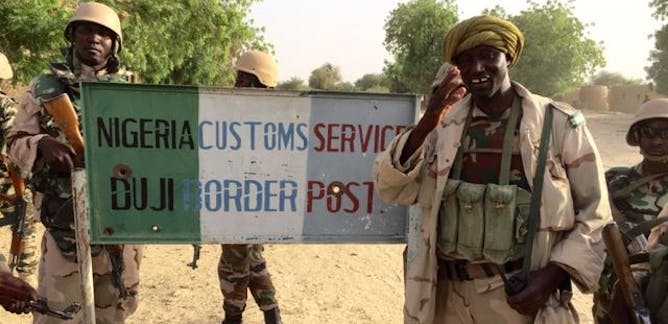
Stephen Onyeiwu, Allegheny College
Border closure is an implicit admission of the ineptitude and incompetence of Nigeria’s customs and immigration officers
|
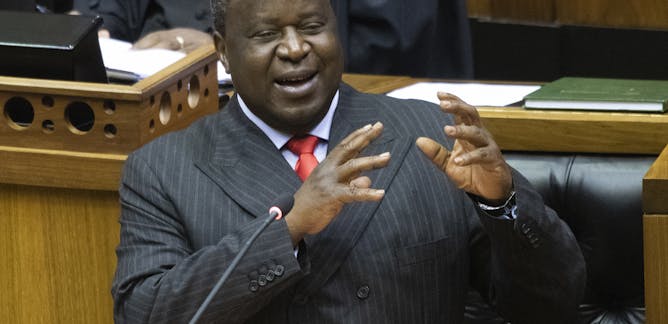
Seán Mfundza Muller, University of Johannesburg
A major concern is that the government’s resolve is strongest on policies that are actually quite suspect.
| |
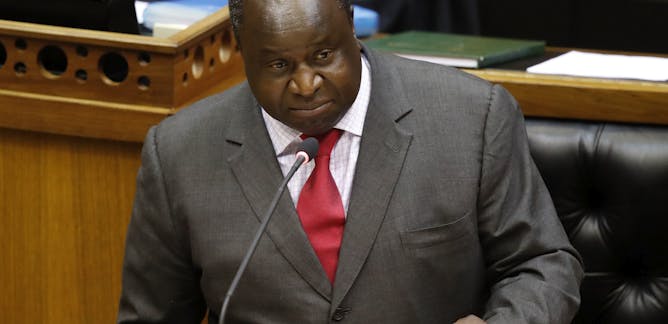
Seán Mfundza Muller, University of Johannesburg
President Cyril Ramaphosa and his Finance Minister Tito Mboweni appear to have good intentions for the economy. But that's not enough.
|
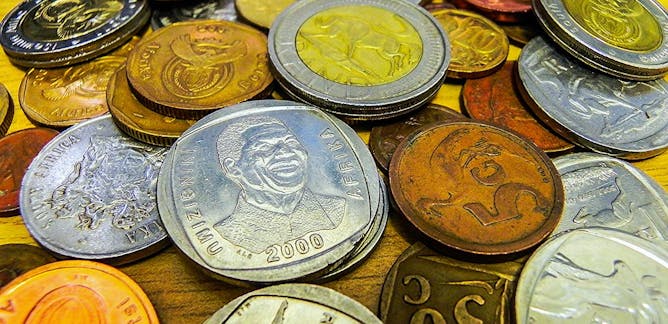
Zuhumnan Dapel, Scottish Institute for Research in Economics
If trends continue, 87% of the world's poorest people will live in sub-Saharan Africa by 2030.
| |
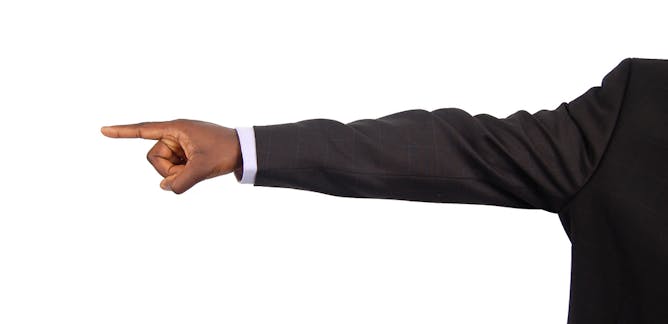
Rehana Cassim, University of South Africa
A company director these days is often a skilled professional packing a lot of experience, but these very same factors will count against a director when a court decides a delinquency application.
|
|
|
Politics + Society
|
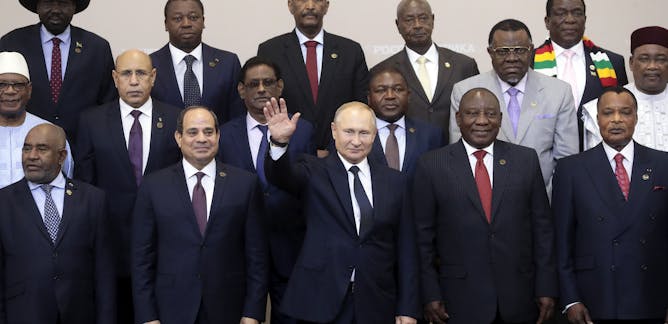
Theo Neethling, University of the Free State
At the Sochi summit, African states embraced Russia's newly established relations.
| |
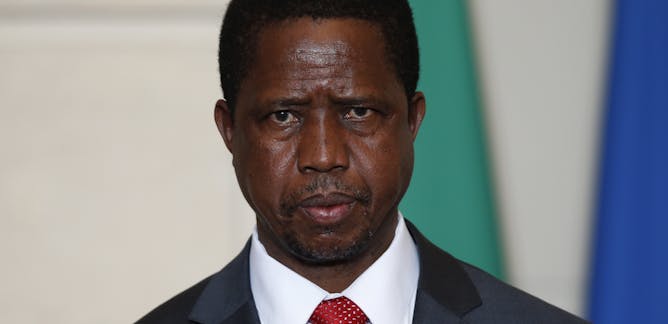
Nic Cheeseman, University of Birmingham; Jonathan Fisher, University of Birmingham
The unstable authoritarian pathway that many post-colonial African states followed was facilitated by the way in which European empires undermined democratic elements within African societies.
|

Susanna Fioratta, Bryn Mawr
Popular theories of high-level electoral conspiracy shaped the emergence of new political orientations
| |
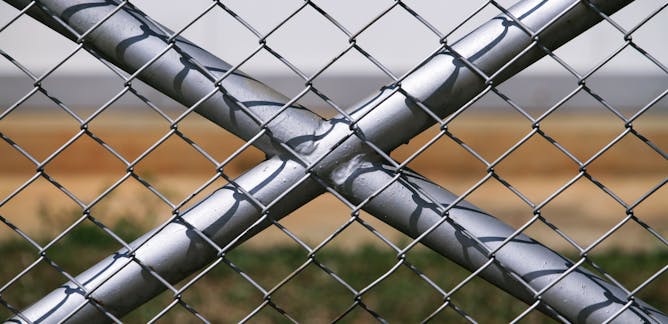
Sheriff Folarin, Covenant University
Nigeria's border closure is a panicked reaction which violates ECOWAS protocol.
|
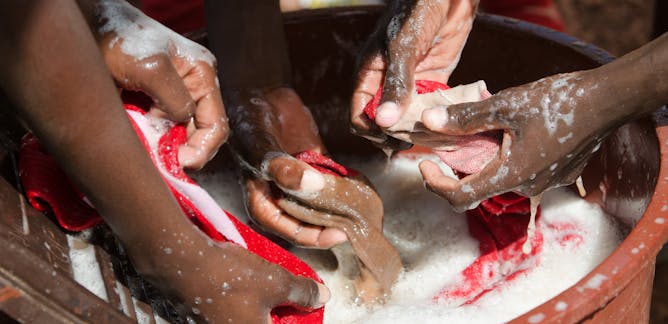
Oludayo Tade, University of Ibadan
Middle-class Nigerians employ children in their homes for a range of reasons.
| |
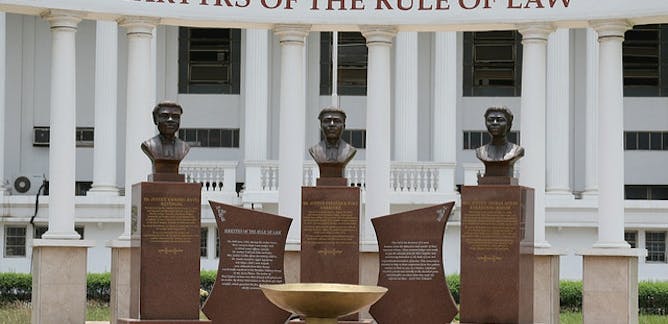
Clement Kojo Akapame, Ghana Institute of Management and Public Administration (GIMPA)
Legal education in Ghana is at a crossroads with professionals asking for it to be decentralised
|
|
|
Environment + Energy
|
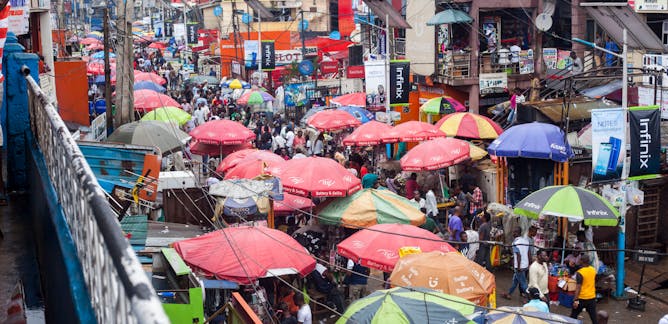
Astrid R.N. Haas, International Growth Centre
Constructing fancy 'smart cities' might not be the best solution for Africa's rapidly urbanising populations.
| |
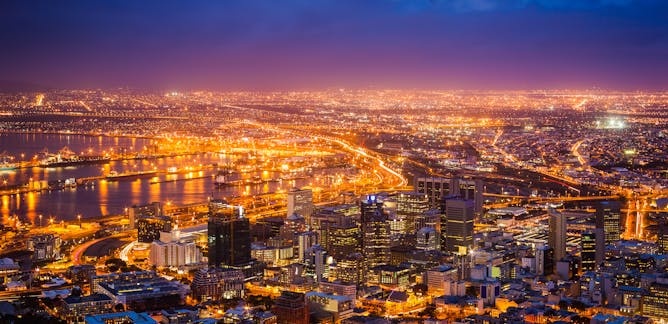
Hartmut Winkler, University of Johannesburg
Unpacking what South Africa's new energy plan says about nuclear energy.
|
|
|
Education
|
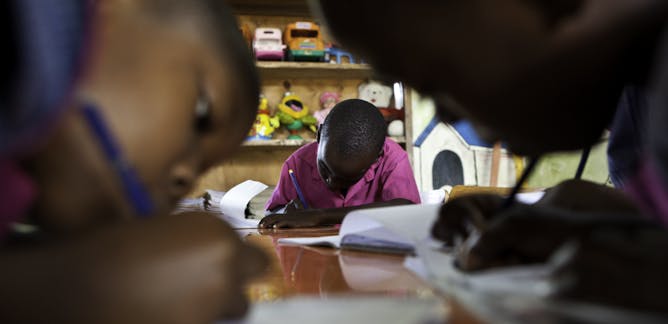
Jan Bietenbeck, Lund University
Research shows that children who had preschool education were less likely to drop out of school and have higher levels of literacy when they reach adolescence.
| |

Denise Rosemary Nicholson, University of the Witwatersrand
Open access study material can help reduce the costs of education, improve skills and improve lives for millions of people.
|
|
|
Science + Technology
|

Brendon Kurt Billings, University of the Witwatersrand; Beverley Kramer, University of the Witwatersrand
Dissection is important for developing a range of skills, as well as moral and ethical training and a humanistic approach to patient care.
| |
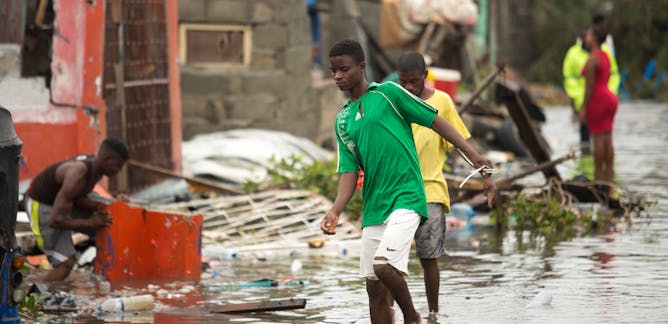
Micheal Pillay, Nagasaki University
As storm directions change, countries that are outside the usual tropical storm zones need to ready themselves.
|
|
|
Health + Medicine
|

Gary Fooks, Aston University; Gary Sacks, Deakin University; Graham Box, University of Reading; Simon Williams, Aston University
We found that evidence cited by three organisations - a big corporate and two industry lobby groups - was either not evidence at all, or had been twisted to suit the industry’s narrative.
| |
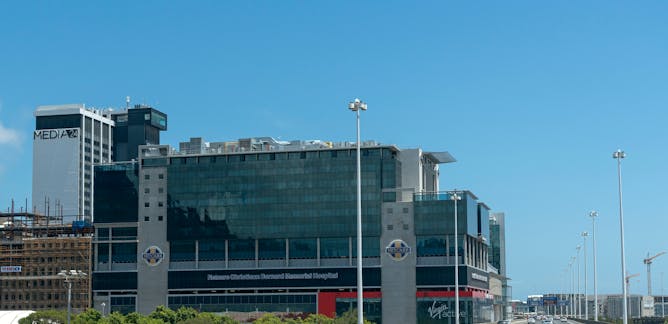
Lungiswa Nkonki, Stellenbosch University
The entire premise of effective competition is that purchasing of health services should be based on value - a combination of price and quality.
|
|
|
Podcasts
|
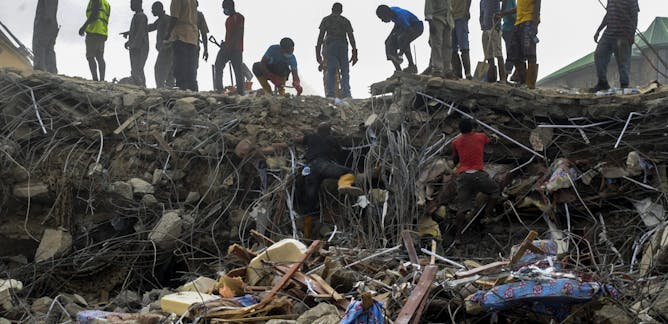
Ozayr Patel, The Conversation
The more people come to a city, the bigger demand for buildings. These buildings need to be safe.
| |

Ozayr Patel, The Conversation
The solution to measles outbreaks is deceptively easy: vaccinate more children. This belies the challenges along the path to that solution.
|
|
|
| |
| |
| |
| |
Would you like to republish any of these articles?
|
|
It’s free to republish, here are the guidelines.
Contact us on africa-republish@theconversation.com in case you need assistance.
|
| |
| |
| |
| |
|
|
|
|
|
|
|